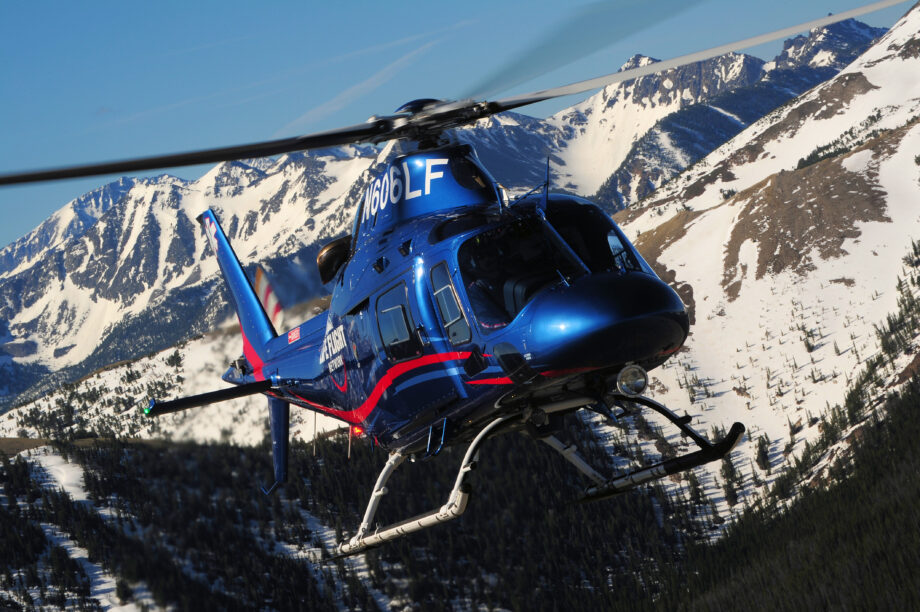A living testimonial to fate, faith and the benefits of exceptional EMS and hospital teamwork
One of Chuck Ewing’s greatest pleasures is hunting for elk in the Oregon backcountry, so he was looking forward to a November 2011 hunting trip with a good friend and his son, TJ. Chuck was in his mid-50s, very active, and by all appearances, in great shape. So it was a surprise when he woke up unable to breathe five days into their Tygh Valley trip.
His friend carried him to their truck and his son drove as fast as conditions allowed toward Wamic, Oregon some eight miles away. While cell phone coverage is poor in the area, they were able to connect with 911. They met the volunteer EMS crew of Chris Beeler, David Andre and Tom McDowell from the Wamic Rural Fire Protection District in front of the local store. Their initial assessment was that Chuck had an irregular pulse and pressure in the middle of his chest, Life Flight Network was immediately activated and the helicopter crew at the Dallesport base was requested to rendezvous at a nearby landing zone for rapid transfer. After conducting a weather check, pilot William Pielli flew to the landing zone in 17 minutes with the Life Flight Network clinical team of Brent Dalbec and Michael Coggins. They inserted an IV, noted Chuck’s labile blood pressure and abdominal distress, and took steps needed to stabilize him during transport.
A decision was made to transport Chuck to St. Charles Medical Center in Bend, where a cardiac team was standing by. He was rushed into emergency surgery upon landing. At the outset, Chuck’s wife, Debra, was told there was a 40% chance he would not pull through. Once the surgery was underway, the cardiothoracic surgeon discovered Chuck had experienced an ascending aortic dissection and the force of the rupture blew out veins and arteries in Chuck’s neck and femoral area and affected his kidney. The family was warned his chances of survival were now very slight. The surgery took more than five hours and the surgical team induced hypothermia and put him on cardiac bypass for 28 minutes to repair portions of his dissected aorta.
As friends and family said prayers for Chuck at Sunday church services, physicians at the hospital were concerned about continued bleeding, organs shutting down, and weak vital signs. They were also worried the loss of blood to the brain would impact Chuck’s cognition. Then to everyone’s surprise, Chuck’s vital signs started to improve within an hour, and the bleeding stopped. The surgical team then closed and his organs started functioning better as the day progressed. It also soon appeared his brain function was going to be comparable to pre-surgery levels. Debra brought Chuck home just seven days later and today he is living his life much like he did before the hunting trip.
Chuck Ewing’s story is a great example of teamwork from multiple agencies leading to a positive outcome. Every thoughtful step worked just in time and as Chuck told his son on that fateful Sunday morning, “I’m not ready to go yet.”
